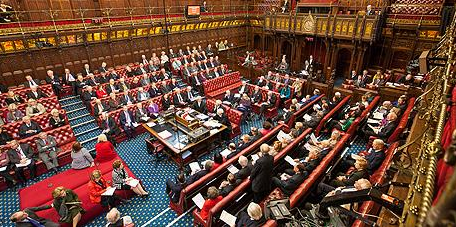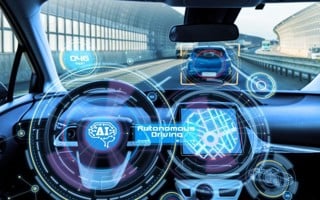The House of Lords science and technology committee has started an inquiry into driverless vehicles in the UK.
It will collect evidence on the potential uses and benefits of autonomous vehicles in road transport, farming and space exploration.
The committee is seeking written evidence from as wide an audience as possible and across a whole range of possible applications from cars to public transport.
Questions which the inquiry will aim to cover include:
- What are the potential applications for autonomous vehicles?
- What are the potential user benefits and disadvantages from the deployment of autonomous vehicles?
- Are further revisions needed to insurance, regulation and legislation in the UK to create an enabling environment for autonomous vehicles?
- What is the scale of the market opportunity for autonomous vehicles?
- Will successful deployment of autonomous vehicles require changes to digital or physical infrastructure?
Lord Selborne, committee chairman, said: "Rapid progress is being made in the development of autonomous vehicles.
"Autonomous vehicles are being developed for a range of different purposes and have the potential to bring great benefits across a range of different sectors, for example in farming.
“We will examine what the Government is doing to support research into developing autonomous vehicles in the UK, as well as the real-world implications as these vehicles start to appear on the roads and in the work place.
"If the UK is to be at the forefront of this transport revolution, investment into research is vital to ensure the technology is perfected, allowing the public to embrace the use of autonomous vehicles.
“There are potentially considerable economic opportunities and public good benefits from this technology.
"We will look at whether the Government’s actions are appropriate in supporting these opportunities.
"We welcome submissions of written evidence – and later oral evidence – to ensure that we can carry out the most thorough and informative inquiry possible.”
The committee is inviting written evidence on the issue, to be received by Wednesday, October 26.





















Login to comment
Comments
No comments have been made yet.